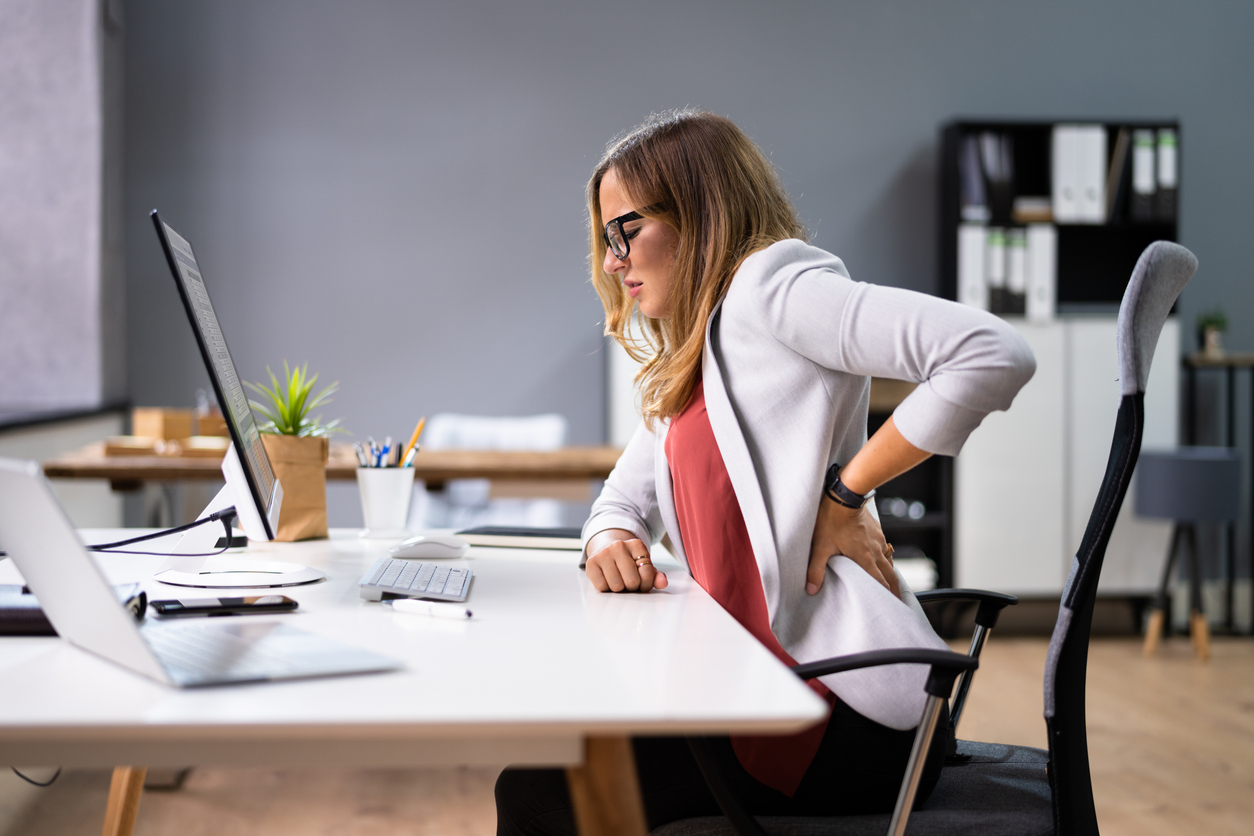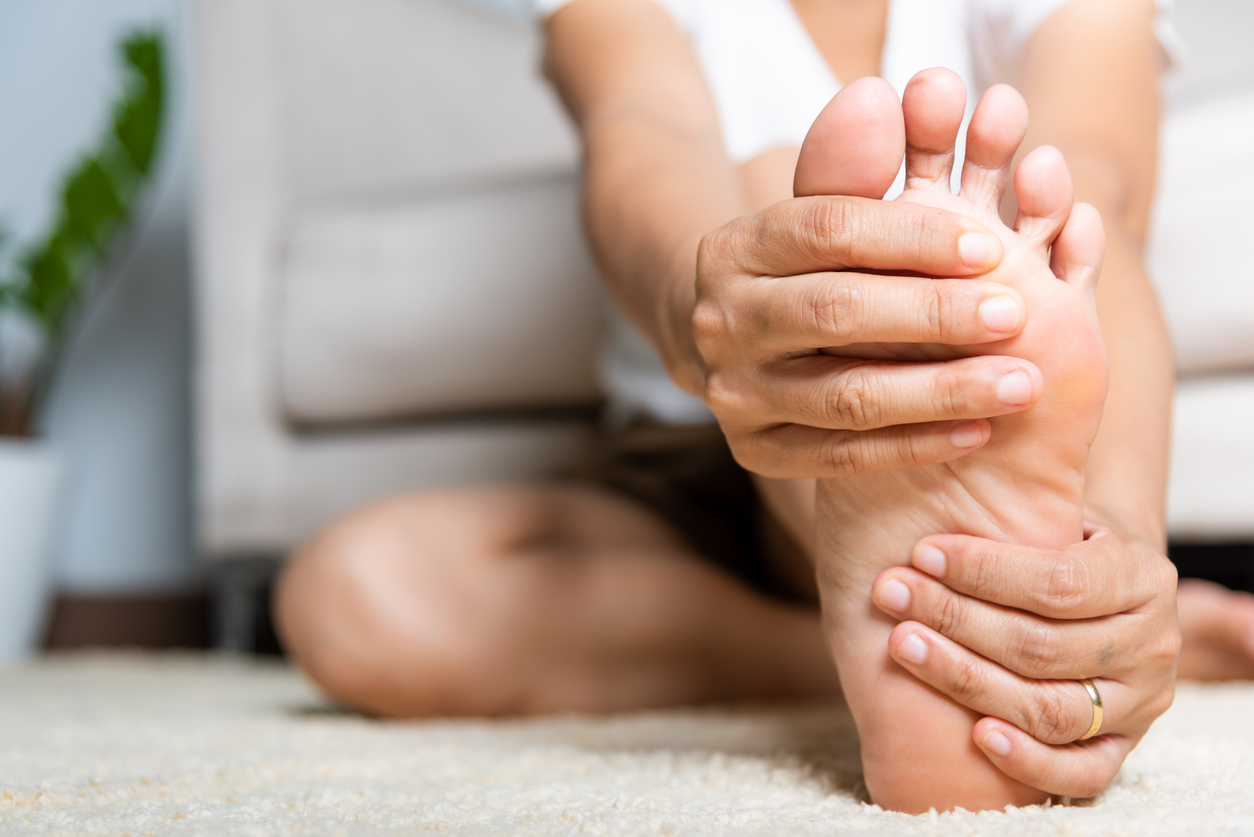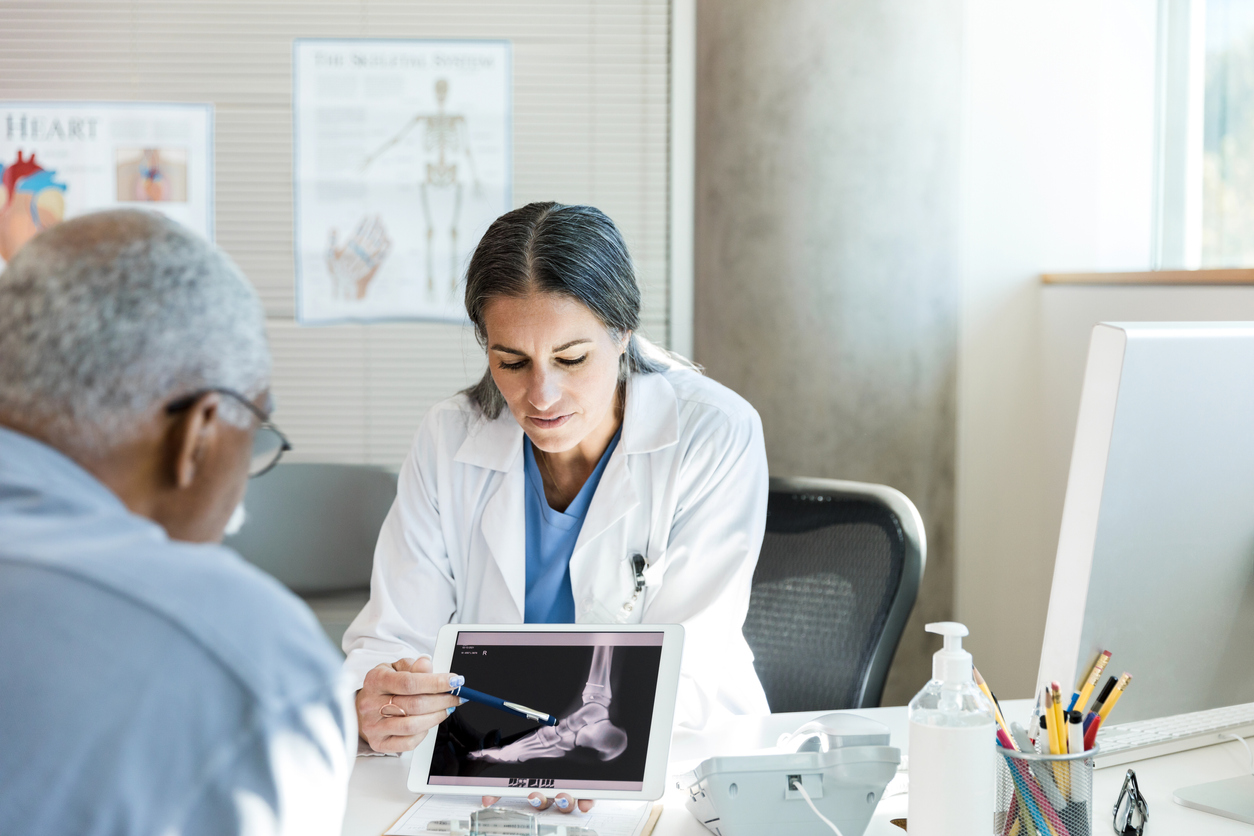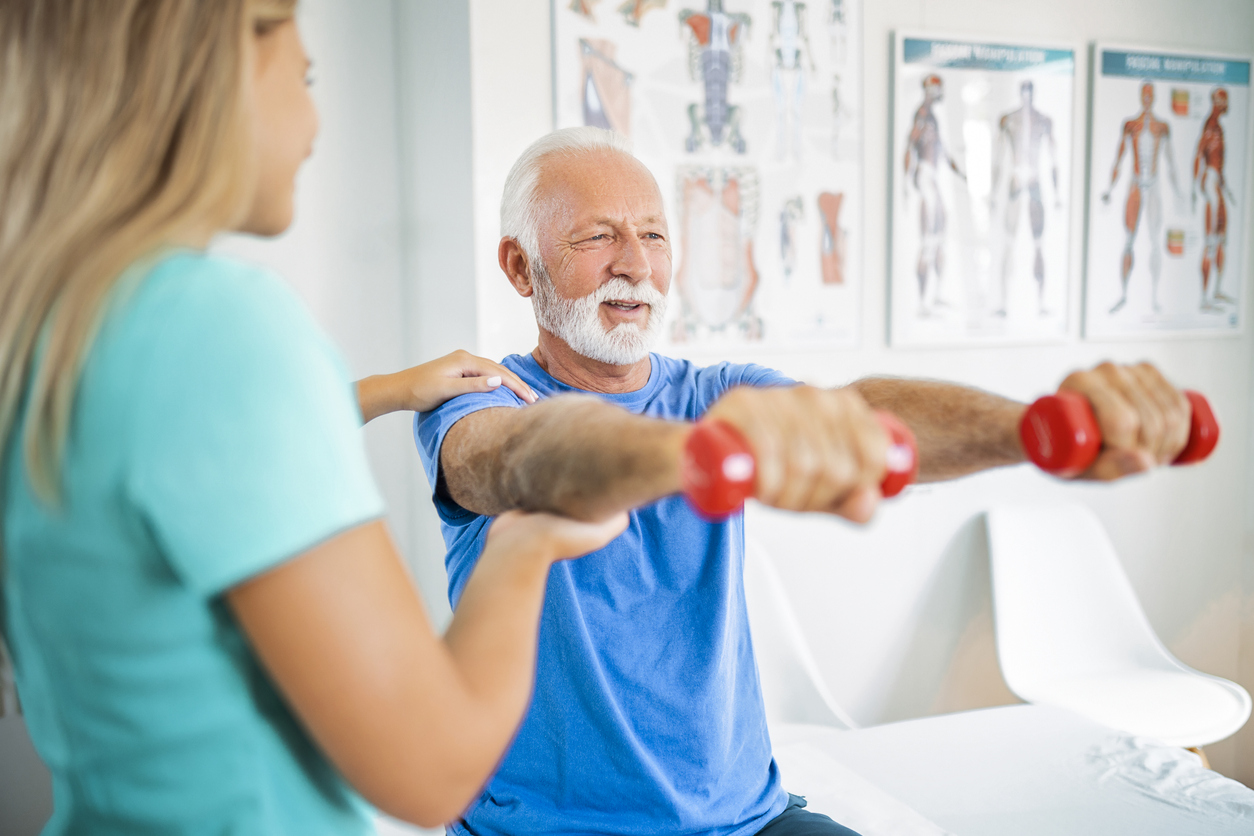
Acute pain not only affects our well-being, but also our behavior, psychological state of mind and overall quality of life. Naturally, if acute pain is not relieved, it may become chronic and make the situation even worse. Therefore, it is important to be able to relieve acute pain. We have put together some drug-free ways to reduce it:
1. Gentle physical activity. Simple, everyday activities (hiking, swimming, fussing with plants, or dancing) can relieve some types of pain by blocking signals sent to the brain. Also, such activities help to relieve pain by stretching and contracting muscles, working ligaments and joints. If you want to increase the load, it is important to do it gradually so as not to cause harm. And in the long term, exercises are beneficial for preventing pain because they help to strengthens the body.
2. Breathing techniques to reduce pain. Concentrating on breathing can sometimes help relieve pain or reduce its intensity. When one feels pain, his or her breathing becomes irregular and rapid, and this increases the anxiety level and can even cause panic. Instead, try to breathe deeply and slowly. This will help you relax a little, prevent muscle tension and relieve anxiety, because all this only increases pain.
3. Study books and booklets about pain. There you can find practical tips that will help improve your quality of life even with chronic pain.
4. Contact a psychologist. Pain may make you feel tired, anxious, depressed, or moody. This in turn increases the pain and a vicious cycle occurs. Be kind to yourself. Learn to consider your capabilities and limitations. A psychologist will often help with this: you will learn to cope with emotions and thus reduce pain.
5. Try to distract yourself. Switching your attention sometimes helps relieve pain. Try activities, that bring you pleasure and help you cheer up. Many hobbies, such as photography, sewing or knitting, are accessible even if your mobility is limited.
6. Share your feelings. Sometimes it helps to talk to someone about your experience, especially someone who has been through similar experiences and understands what you’re going through.
7. Try to get full sleep. When something hurts, our sleep gets worse. But it is very important to improve your sleep, as sleep disturbances worsen the condition. Develop rituals: go to bed and get up at the same time every day, avoid daytime naps. If sleep problems last for a long time, you should consult your doctor.
8. Get physical therapy. This often helps relieve pain.
9. Connect with friends and family. Don’t let pain worsen your relationships with your loved ones. Staying in touch with people we like is good for health and improve the quality of life, which means they help us withstand adversity. It is useful to talk about anything other than pain, even if you are asked about it.
10. Master relaxation techniques. Practice regularly, and it will help you cope with pain if it overtakes you. There are many relaxation techniques, from breathing to meditation.
But first of all, you should consult your doctor. After all, pain is a signal that something is wrong in the body, which means the main concern is not to worsen the situation.




